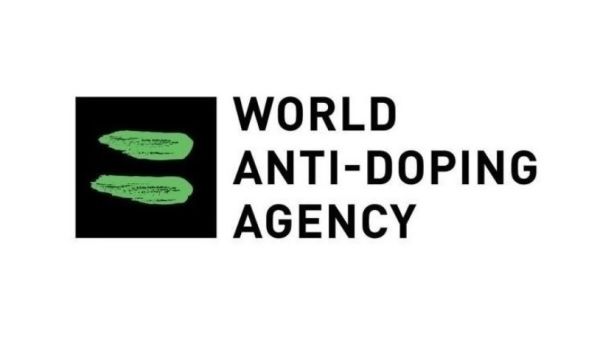The International Olympic Committee is looking at a new test for gene doping, although it won’t be used at the Rio de Janeiro Games, the IOC’s medical and scientific director said.
The new test - developed in Australia to identify if an athlete is artificially adjusting their DNA to enhance performance - is not yet in use at a World Anti-Doping Agency-accredited laboratory, Dr. Richard Budgett told The Associated Press.
But the new procedure, when and if approved by WADA, will be used to test samples from the Rio Olympics after the games to see if any athletes were gene doping, Budgett said.
"The samples collected in Rio will at some point be tested for gene doping (after the games), but we have a principle, we will not put in place a test that hasn’t actually been used yet by a WADA-accredited laboratory," Budgett said in a phone interview.
The IOC can re-test doping samples up to 10 years after an Olympics, enabling it to catch drug cheats who evaded detection at the time when new testing methods become available.
The gene doping test is designed to detect if cheats are injecting synthetic genes which cause the body to produce more of the naturally-occurring hormone EPO, which in turn boosts the body’s ability to carry more oxygen in its blood.
There is already a test to pick up if athletes are directly injecting EPO, the substance at the heart of the Lance Armstrong doping scandal in cycling. This test is designed to pick up if subtle changes have been made to DNA to make the body produce the extra EPO.
There had been reports that the IOC was going to introduce the gene doping test to its program at next month’s Rio Games. But the test isn’t ready yet, Budgett said late Thursday from Rio.
"We will absolutely not experiment at the Olympic Games. We will use tests that are validated by WADA and for which the reference material is available," Budgett said. "As I understand it, I’m told the reference material for this new gene doping EPO test is not available yet. So, when it is, then the testing will be done."
Isinbayeva appeal turned down
Two-time Olympic pole vault champion Yelena Isinbayeva says she has been refused after pleading with the IAAF to allow her to compete at the Rio Olympics.
Isinbayeva was excluded as part of the IAAF’s ban on the Russian track and field team, which was upheld last week at the Court of Arbitration for Sport.
She says in an Instagram post that she had filed an application with the IAAF as an individual to have her case reconsidered, but "they didn’t make an exception for me."
Says Isinbayeva: "The miracle didn’t happen."The 34-year-old Isinbayeva has previously said she plans to retire if she does not go to the Olympics, but did not comment on that in her post.
WHO chief going to Olympics
The risk of Zika virus infections at the Olympic Games is both low and manageable, the chief of the World Health Organization said Friday.
Nearly half a million people are expected to visit for the Games, many from the United States. Worries about security, the Zika virus and an economic crisis could deter travelers, with just under a third of event tickets as yet unsold.
Brazil has been hardest hit by the disease outbreak, and many physicians, competitors and potential visitors have expressed fears the Olympics could serve as a catalyst to spread the virus globally.
16 of 17 wrestlers cleared
Sixteen of 17 Russian wrestlers were cleared to compete in the Rio Olympics Thursday by international governing body United World Wrestling (UWW).
Freestyle wrestler Viktor Lebedev, a former two-time world champion in the 55kg class, was the only athlete excluded following a positive doping test a decade ago.
Lebedev, 28, won gold in the 2015 European Games in the 57kg class, and had been due to compete in that event in Rio.








